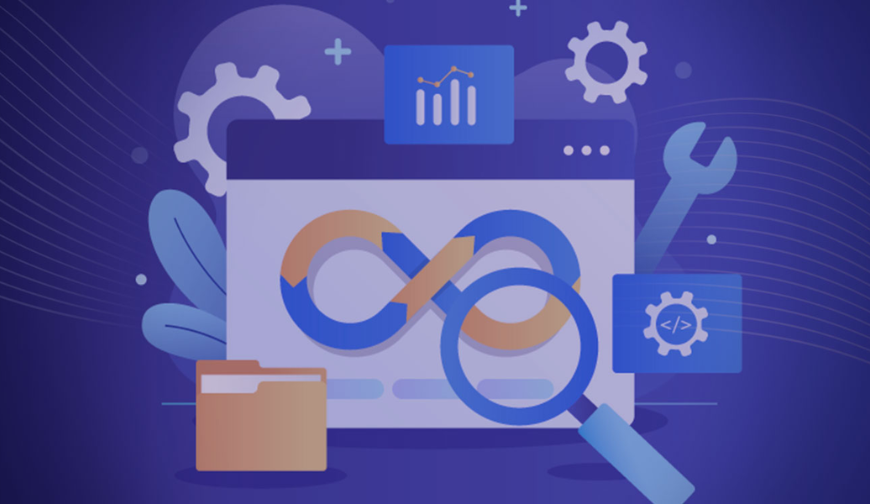In the rapidly evolving landscape of software development, efficiency and agility are paramount. Two key components that play a crucial role in achieving these objectives are the LAMP stack and DevOps practices. Let’s delve into how integrating LAMP with DevOps can streamline development processes, enhance productivity, and foster innovation.
Introduction to LAMP and DevOps
The LAMP stack, an acronym for Linux, Apache, MySQL, and PHP/Perl/Python, is a popular open-source web development platform. It provides a robust foundation for building dynamic and scalable web applications. On the other hand, DevOps is a cultural and technical approach that emphasizes collaboration, automation, and integration between software development and IT operations teams.
Importance of Streamlining Development Processes
Streamlining development processes through the integration of LAMP with DevOps offers several benefits. By automating tasks such as code deployment, testing, and infrastructure provisioning, organizations can significantly enhance efficiency while reducing errors and downtime.
Integration of LAMP with DevOps
The integration of LAMP with DevOps enables seamless automation in deployment, allowing for faster and more reliable releases. Continuous integration and continuous delivery (CI/CD) pipelines automate the process of building, testing, and deploying code changes, facilitating rapid iteration and feedback.
Advantages of Streamlining Development Processes
The streamlined development processes facilitated by LAMP and DevOps lead to a faster time to market for software products. Moreover, improved collaboration among development, operations, and quality assurance teams results in higher-quality deliverables and greater innovation.
Challenges and Solutions
While implementing DevOps practices with LAMP offers numerous benefits, it also presents challenges. Managing the complexity of interconnected systems and ensuring the security of the development pipeline are critical concerns. However, by adopting best practices such as infrastructure as code and automated security testing, these challenges can be effectively addressed.
Case Studies
Several organizations have successfully implemented DevOps practices with the LAMP stack, resulting in significant improvements in efficiency and product quality. Companies like Airbnb and Netflix have leveraged DevOps principles to achieve rapid growth and innovation in their respective industries.
Future Trends
Looking ahead, the evolution of DevOps practices is expected to continue, driven by advancements in technologies such as containerization, microservices, and serverless computing. These trends will further accelerate the pace of software development and enable organizations to adapt to changing market demands more effectively.
Conclusion
In conclusion, the integration of LAMP with DevOps offers a powerful framework for streamlining development processes and driving innovation. By embracing automation, collaboration, and continuous improvement, organizations can achieve faster time to market, higher-quality deliverables, and sustained competitive advantage.
FAQs
- What is the primary goal of DevOps?
- The primary goal of DevOps is to foster collaboration and automation between software development and IT operations teams to deliver high-quality software products more efficiently.
- How does DevOps improve collaboration?
- DevOps promotes cross-functional collaboration by breaking down silos between development, operations, and quality assurance teams, enabling faster feedback loops and iterative improvement.
- Can LAMP stack be used with other development methodologies?
- Yes, the LAMP stack can be integrated with various development methodologies, including agile, waterfall, and hybrid approaches, to accommodate diverse project requirements.
- What are some common challenges faced when implementing DevOps?
- Common challenges include cultural resistance to change, managing complex infrastructures, ensuring security and compliance, and selecting the right tools and technologies.
- Is DevOps only applicable to large-scale projects?
- No, DevOps principles and practices are applicable to projects of all sizes, from small startups to large enterprises. The key is to adapt DevOps practices to suit the specific needs and constraints of each project.




